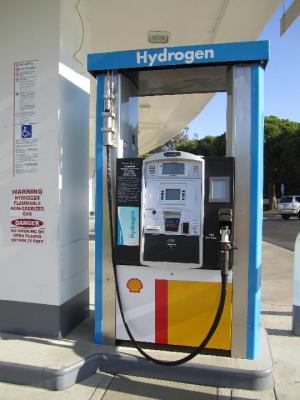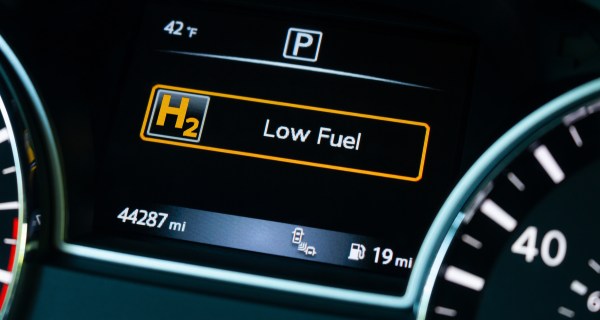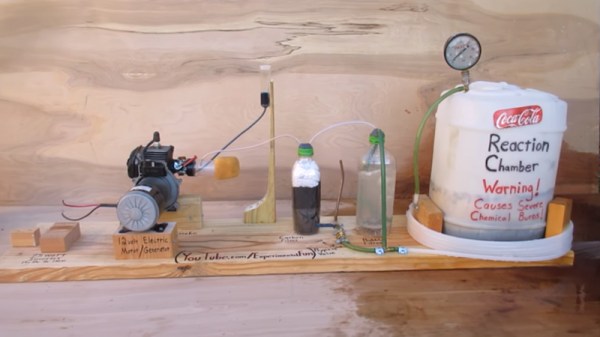
In every comment section, there’s always one. No matter the electric vehicle, no matter how far the technology has come, there’s always one.
“Only 500 miles of range? Electric cars are useless! Me, and everyone I know, drives 502 miles every day at a minimum! Having to spend more than 3 minutes to recharge is completely offensive to my entire way of life. Simply not practical, and never will be.”
Yes, it’s true, electric cars do have limited range and can take a little longer to recharge than a petrol or diesel powered vehicle. Improvements continue at a rapid pace, but it’s not enough for some.
To these diehards, hydrogen fuel cell vehicles may have some attractive benefits. By passing hydrogen gas through a proton-exchange membrane, electricity can be generated cleanly with only water as a byproduct. The technology holds a lot of promise for powering vehicles, but thus far hasn’t quite entered our daily lives yet. So what is the deal with hydrogen as a transport fuel, and when can we expect to see them in numbers on the ground?



![The hydrogen-powered Honda Clarity FCV, a car most of us will probably never see. Lcaa9 [CC BY-SA 4.0].](https://hackaday.com/wp-content/uploads/2018/12/1024px-2018_honda_clarity_fuel_cell.jpg?w=400)










